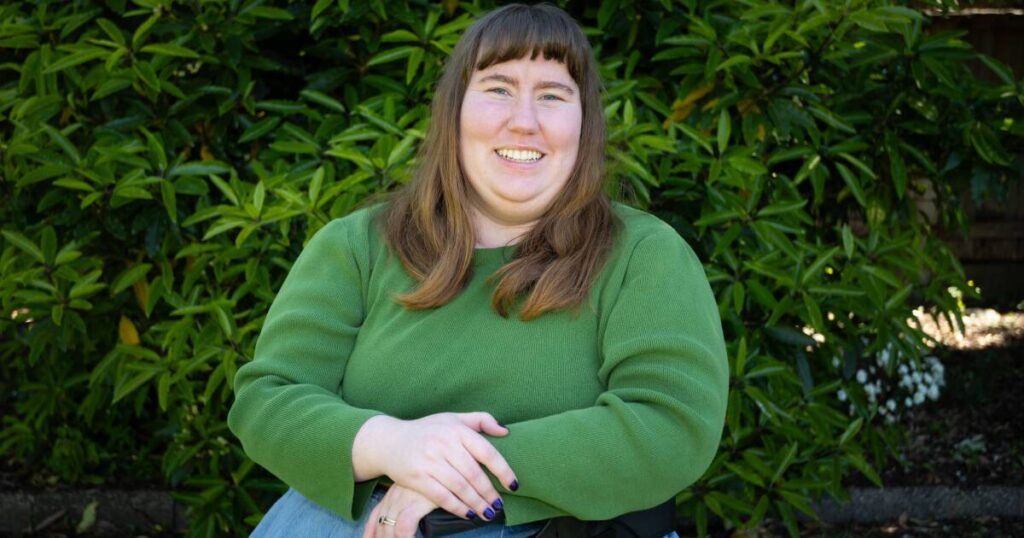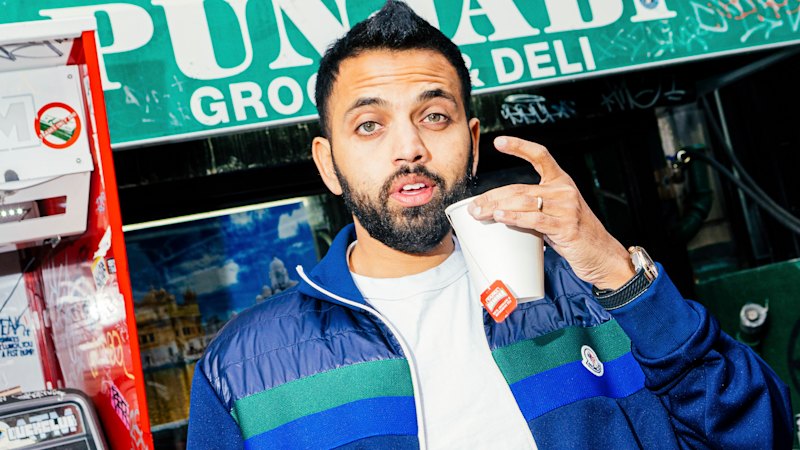
Introducing herself to clients, Rosie Putland proudly declares herself as “proudly disabled.” The Burnie resident, who is autistic and experiences chronic pain, leads a nationwide initiative aimed at dismantling digital barriers. This groundbreaking work has earned her a finalist position for the Accessibility Hall of Fame at the 2025 Australian Access Awards.
Rosie Putland, 25, co-owns Modality Co. with her husband, Matthew. Together, they have turned their personal experiences and professional expertise into a mission to make the digital world more accessible for everyone.
From Western Australia to Tasmania
Raised in a small Western Australian town with a population of just 350, Rosie moved to Tasmania four years ago with Matthew. “We just love it,” she shared, noting the resemblance between her new home and her hometown. The cooler climate of Tasmania was a significant factor in their decision, as it better suits her physical needs.
Rosie’s journey to understanding her disability has been challenging. Despite ongoing investigations, a definitive diagnosis remains elusive. “We’re not super sure what my physical disabilities are… we’re still investigating basically,” she explained. She emphasized the complexity of living with multiple, overlapping disabilities, a reality for many in similar situations.
Navigating Daily Barriers
The everyday life of Rosie, who also has dyslexia, involves overcoming both physical and digital obstacles. “When I talk about my own experience of disability, I’m more thinking about the physical barriers, the systemic barriers, the digital barriers, and the barriers in the medical system as well,” she said.
Modality Co: A Mission for Accessibility
Two years ago, Rosie and Matthew founded Modality Co, an accessibility consultancy. Their goal is to help businesses make their digital platforms accessible to people with disabilities. This includes ensuring compatibility with assistive technologies like screen readers, which are essential for users who are blind.
“We need to make sure that the business website can be read by a screen reader,” Rosie explained. The company is witnessing a growing number of businesses prioritizing inclusion and accessibility. “We are seeing more and more businesses put inclusion and accessibility at the forefront,” she noted.
Recognition and Future Aspirations
Rosie’s dedication to accessibility has not gone unnoticed. Her nomination for the 2025 Australian Access Awards is a testament to her impact. “I would say I’m earlier in my career than some of the other people who’ve been nominated,” she said, expressing humility at being included among such esteemed peers.
This recognition is a significant milestone for Rosie and Modality Co, highlighting the importance of their work in a digital age where accessibility should be a standard, not an afterthought. As more businesses embrace these principles, the digital landscape becomes more inclusive, offering equal opportunities for all users.
Looking ahead, Rosie hopes to continue expanding Modality Co’s reach, advocating for accessibility on a broader scale. The journey is ongoing, but with leaders like Rosie at the helm, the future looks promising for digital inclusivity.







